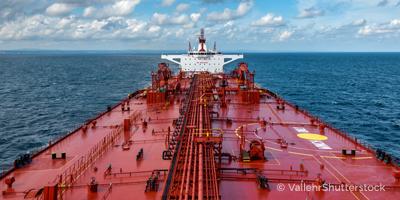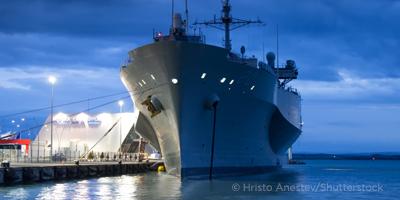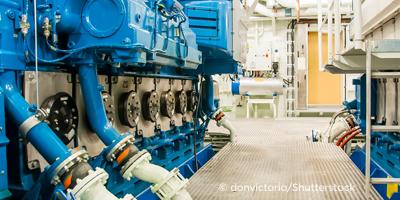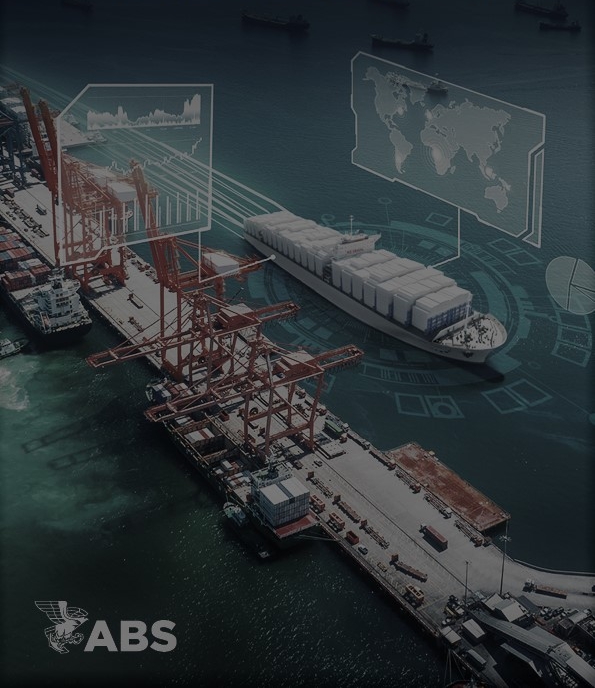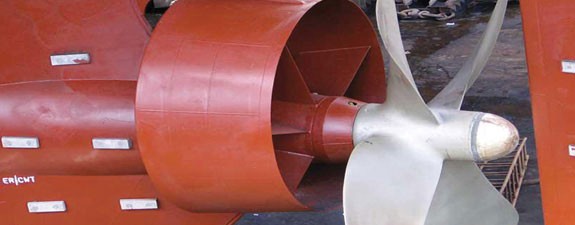Computational Fluid Dynamics
Our services aim to improve the energy efficiency of ships; this target can be accomplished through one or more of the following pathways:
- Improving ship construction
- Minimizing hull resistance and increasing propulsion efficiency
- Modifying vessel design and operation to account for additional resistance caused by specific service conditions
The Computational Fluid Dynamics (CFD) team can provide the following services:
- Hull resistance analysis – RANS-based CFD is used to accurately calculate the hull resistance; thereby reducing the need for model tank testing and providing huge savings to shipyards, owners and shipbuilders.
- Bulbous bow evaluation for decreasing resistance – Current freight load with most containerships is demanding a change in operational profile that requires slow steaming to optimize operational efficiency. We have developed tools to evaluate various bulbous bow geometry configurations using advanced CFD techniques and make recommendations on bulbous bow designs that can improve fuel efficiency at a given operational profile.
- Propeller performance and propeller-hull interaction analysis – We use state-of-the-art propeller analysis and CFD software to analyze and study propeller-hull interactions.









